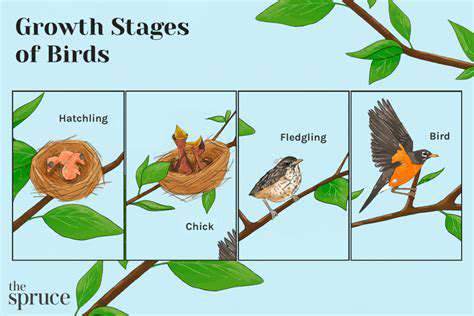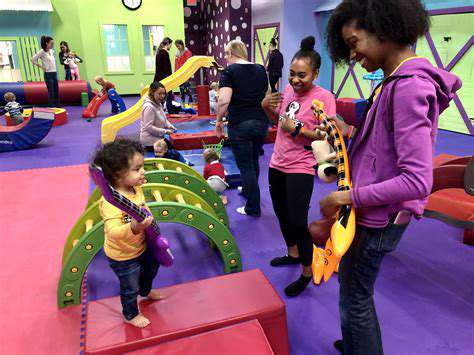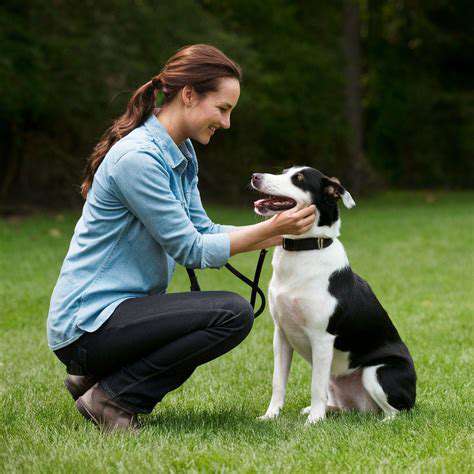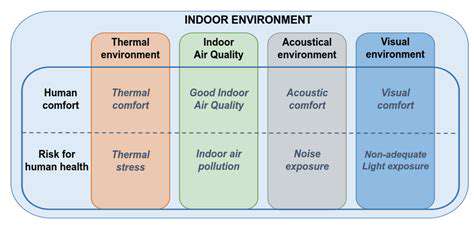My Story of Fostering a Bird
Nurturing Tiny Wings
When I first brought him home, this fragile little being with oversized eyes, feeding time became our sacred routine. It evolved beyond mere sustenance into a language of understanding - interpreting his subtle body language, learning his unique rhythms. This delicate exchange of offering nourishment and observing his responses became the heartbeat of my days. Each interaction taught me more about avian care, transforming what began as uncertainty into a deeply meaningful connection.
Those initial weeks were a journey of discovery. I spent hours researching species-specific dietary needs, carefully blending seeds, fresh berries, and protein sources. Every meal became an opportunity to learn - adjusting textures, noting preferences, celebrating when he enthusiastically accepted a new food. This daily education in avian nutrition opened my eyes to nature's incredible intricacies.
A Symphony of Chirps and Crumbles
His excited chirping at mealtimes became my favorite melody. I'd watch mesmerized as his tiny beak precisely cracked seeds, deftly peeled fruit, then paused to survey his surroundings with bright, alert eyes. There was profound joy in witnessing his energy levels rise with each nutritious bite. These quiet moments revealed the miraculous nature of life and the privilege of supporting it.
Our feeding sessions grew into cherished bonding time. Beyond nutrition, they became opportunities for mutual understanding. I learned to read his subtle communications - the tilt of his head when curious, the specific call when wanting more. These shared experiences wove an invisible thread of trust between us.
A Daily Dose of Determination
Not every day went smoothly. There were moments when he'd refuse food, leaving me anxious and questioning my caregiving skills. But morning after morning, I'd begin anew, driven by commitment to his wellbeing. These challenges taught me invaluable lessons in patience and perseverance. They reminded me that nurturing life - no matter how small - requires both knowledge and heart.
Through this daily ritual, I discovered unexpected depths of connection. What began as necessary care blossomed into a transformative experience, highlighting the profound interdependence of all living beings and the extraordinary fulfillment found in compassionate caregiving.
The Challenges of Fostering a Baby Bird

Nutritional Needs and Dietary Concerns
Meeting a fledgling's nutritional requirements is foundational to healthy development. A properly balanced diet containing essential nutrients supports both physical growth and cognitive abilities. This demands careful attention, especially when introducing new foods or addressing potential sensitivities. Caregivers must understand the progression from formula to solid foods, making gradual transitions to prevent digestive issues.
Sleep Patterns and Schedules
Establishing healthy sleep rhythms benefits both bird and caregiver. Young birds require substantial rest for proper development, and disruptions can affect their behavior and health. Creating consistent routines helps, though initial patterns may be irregular due to feeding needs or environmental adjustments.
Emotional Development and Bonding
Early emotional experiences shape a bird's future social interactions. Providing a secure, nurturing environment builds trust and confidence. Learning to interpret subtle behavioral cues takes time but strengthens the human-avian connection.
Physical Development and Milestones
Tracking growth progress helps identify potential concerns early. Regular weight checks and observation of motor skills are essential, though each bird develops at its own pace. Comparing individuals can create unnecessary worry.
Safety Concerns and Precautions
Creating a hazard-free environment prevents accidents. This includes securing cages, removing toxic plants, and supervising out-of-cage time. Preventive measures require diligence but ensure the bird's wellbeing.
Socialization and Interaction
Positive social experiences help birds develop confidence. Gradual exposure to new people and situations, balanced with quiet time, supports healthy behavioral development.
Financial Considerations and Resources
Budgeting for avian care ensures consistent access to quality food and veterinary care. Exploring local resources can help manage expenses without compromising the bird's needs.
The Joy of Watching a Fledgling Thrive

Observing the First Steps
Witnessing a young bird's initial attempts at independence inspires awe. Those awkward first hops and short flights, often ending in gentle tumbles, demonstrate nature's incredible resilience. There's profound beauty in these imperfect early efforts, showcasing life's persistent drive to grow and adapt.
The Power of Guidance
Patient mentorship helps fledglings navigate their expanding world. Whether from avian parents or human caregivers, this support system teaches essential survival skills through consistent, gentle instruction.
The Importance of a Safe Environment
A protected space allows fledglings to practice skills without constant threat. This security enables them to build confidence while gradually encountering manageable challenges.
The Fascination of Flight
A fledgling's first successful sustained flight is magical. That moment when wings catch air properly represents countless hours of instinct-driven practice and represents a major developmental milestone.
The Challenges of Independence
The transition to self-sufficiency involves natural setbacks. Each challenge overcome strengthens the young bird's abilities, demonstrating nature's remarkable capacity for adaptation.
The Evolution of Skills
From basic flight to sophisticated foraging, skill development reveals nature's brilliance. This gradual mastery process highlights the complex interplay of instinct and learned behavior.
The Cycle of Life
Witnessing a fledgling's journey offers profound perspective on life's continuity. From vulnerability to confident independence, this transformation celebrates nature's enduring rhythms and the privilege of participating in another being's growth.
Read more about My Story of Fostering a Bird
Hot Recommendations
- Review: [Specific Brand] Small Animal Cage
- Why Rescuing Pets Saves Lives
- Best Pet First Aid Kits [What to Include]
- How to Help Stray Animals in Your Community
- Guide to Adopting a Pet When You Have Kids
- Top Reptile Heat Lamps
- Heartwarming Rescue Stories That Will Inspire You
- Review: [Specific Brand] Bird Cage
- Best Aquarium Filters [2025 Review]
- Review: [Specific Brand] Smart Litter Box
![A Day in the Life of My [Pet's Name]](/static/images/33/2025-05/BreakfastofChampions28or2CatLeast2CofChampions-SizedTreats293A.jpg)



![My Pet's Favorite Toys and How They Play [Story]](/static/images/33/2025-05/BeyondtheToy3ATheRoleofPlayinaDog27sLife.jpg)



![Review: [Specific Brand] Dental Chews for Dogs](/static/images/33/2025-06/ValueforMoneyandAlternativeOptions.jpg)
![A Vacation with My [Pet's Name] [Story]](/static/images/33/2025-06/ATriptoRemember.jpg)
![Life with My [Specific Exotic Pet]](/static/images/33/2025-06/ChoosingtheRightExoticPet3AResearchandPreparation.jpg)
